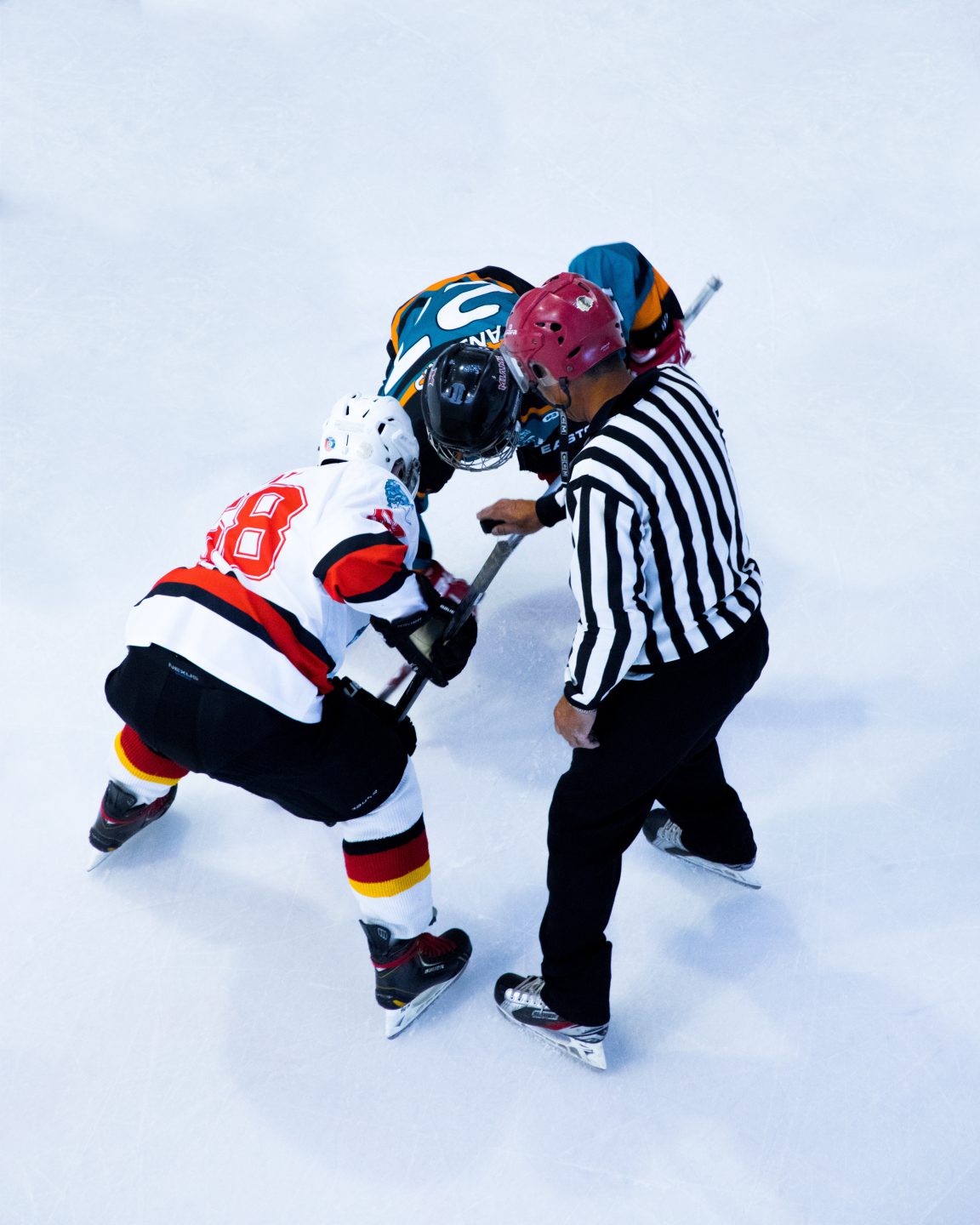Notice of a class action lawsuit has been filed on behalf of current and former amateur hockey players against the Canadian and Western Hockey Leagues and Hockey Canada claiming they neglected to protect players and warn of risks of traumatic brain injuries and their long-term impacts.
The notice of civil claim, commenced by James McEwan, seeks a court order certifying it as a class proceeding. The claim also seeks financial damages, interest, court costs, and additional damages to cover past and future health costs.
WHO IS JAMES MCEWAN?
James McEwan is the lead representative Plaintiff in the proposed class action lawsuit filed before the B.C. Supreme Court. He began his career as a left-winger with the Western Hockey League’s (“WHL”) Seattle Thunderbirds in 2004 at 17 years old.
McEwan was involved in more than 70 fights throughout his career as an “enforcer”.
It is alleged that McEwan was involved in:
- 18 fights during the 2004-2005 season with the Seattle Thunderbirds;
- 19 fights during the 2005-2006 season with the Seattle Thunderbirds;
- 25 fights during the 2006-2007 season where he served as an assistant captain for the Kelowna Rockets; and
- 11 fights during the 2007-2008 season when he served as captain of the Kelowna Rockets.
McEwan alleges that by the age of 19 he began experiencing severe anxiety, mood swings, personality changes, and angry outbursts. He alleges that continuous head trauma impacted his everyday life and he consumed increasing amounts of alcohol to cope with both physical pain and mental distress. By the next season, McEwan began experiencing severe depression, memory loss, and suicidal thoughts. He was prescribed pain medication.
The lawsuit alleges that if McEwan had been informed by the Defendants of the long-term side effects of impacts to the head, he would not have involved himself in so many fights on the ice.
The lawsuit also alleges that after each fight, McEwan would continue to play and did not receive medical attention. During his final season in the WHL, he suffered swelling and pressure in his head and a concussion resulting in a two-week medical leave.
According to the lawsuit, decades of scientific evidence has associated brain trauma to long-term neurological problems and that an amateur player can sustain close to 1,000 hits to the head in one season without any documented concussions.
McEwan is seeking damages for personal and physical injury, psychological injuries, special damages for out-of-pocket medical expenses, and loss of past and future income.
WHO ARE THE DEFENDANTS?
The Canadian Hockey League (“CHL”) oversees the operations of North America’s three major junior hockey leagues (Ontario Hockey League, Quebec Major Junior Hockey League, and Western Hockey League) for players aged 16 to 20 years.
The WHL is part of the CHL with member clubs located in Alberta, Manitoba, Saskatchewan, and British Columbia.
Hockey Canada is the national governing body of ice hockey and ice sledge hockey (also known as Para ice hockey, designed to allow participants with physical disabilities to play ice hockey) in Canada.
The leagues have not as of yet been served with the lawsuit and the allegations remain unproven. We will continue to follow the developments of this lawsuit as they information become available, and will provide updates in this blog.
NHL TENTATIVE SETTLEMENT OF CONCUSSION LAWSUIT
A proposed class action lawsuit again the NHL was filed in Minnesota accusing the league of failing to protect their players from head injuries or warning them of the risks. A U.S. judge ruled that it could not proceed as a class action suit as medical monitoring laws were too different between the numerous U.S. states and Canadian provinces for players to form a common class of Plaintiffs.
Following this ruling, the NHL offered an $18.9 million settlement to more than 300 former players. Players who choose to accept the settlement will receive $22,000, neurological testing and assessment paid for by the league, up to $75,000 in medical treatment for those who test positive on two or more tests, and a “Common Good Fund” for retired players in need.
The players had a January 20, 2019 deadline to either accept the NHL’s settlement proposal or proceed with their own individual lawsuits against the NHL, but this deadline was extended as of last week. The date of the new deadline is unknown.
CONCUSSION INJURY LAWSUITS
Concussion injuries are common throughout Canada resulting from high impact activities. Concussion injuries can result from any heavy blow to the head causing permanent, life-altering damages.
The most common causes of a concussion injury include car accidents, motorcycle crashes, bicycle accidents, slip and falls, ATV accidents, and sports accidents.
If you have suffered personal injuries as a result of a sports accident or a head injury due to an accident, or have any questions regarding a potential claim, please contact the award winning personal injury lawyers at Cuming & Gillespie LLP online or by calling our office at 403-571-0555. Our experience handling personal injury claims can help you to receive the compensation you deserve. We offer free consultations to new clients.

